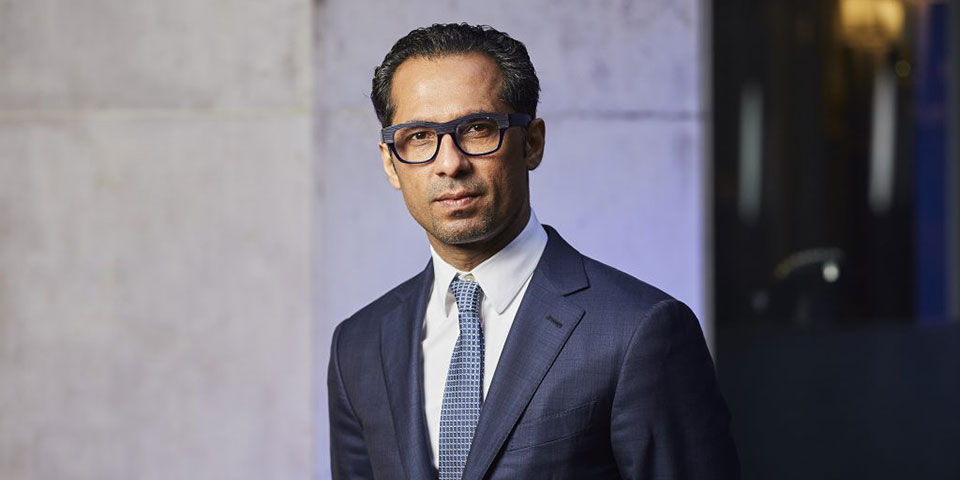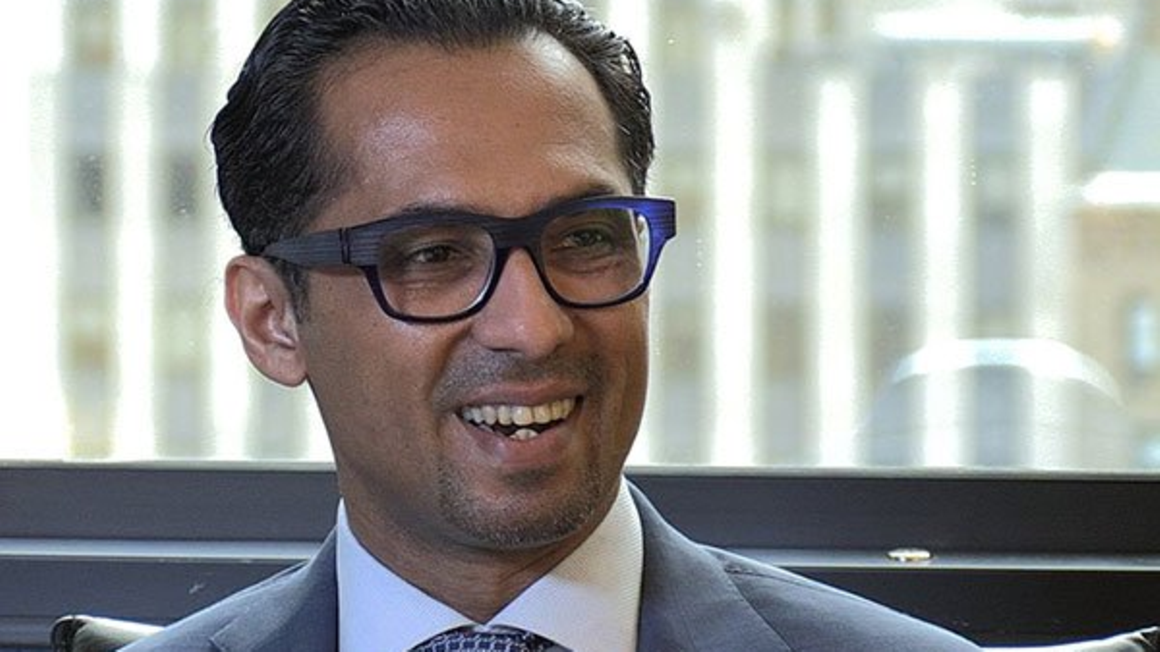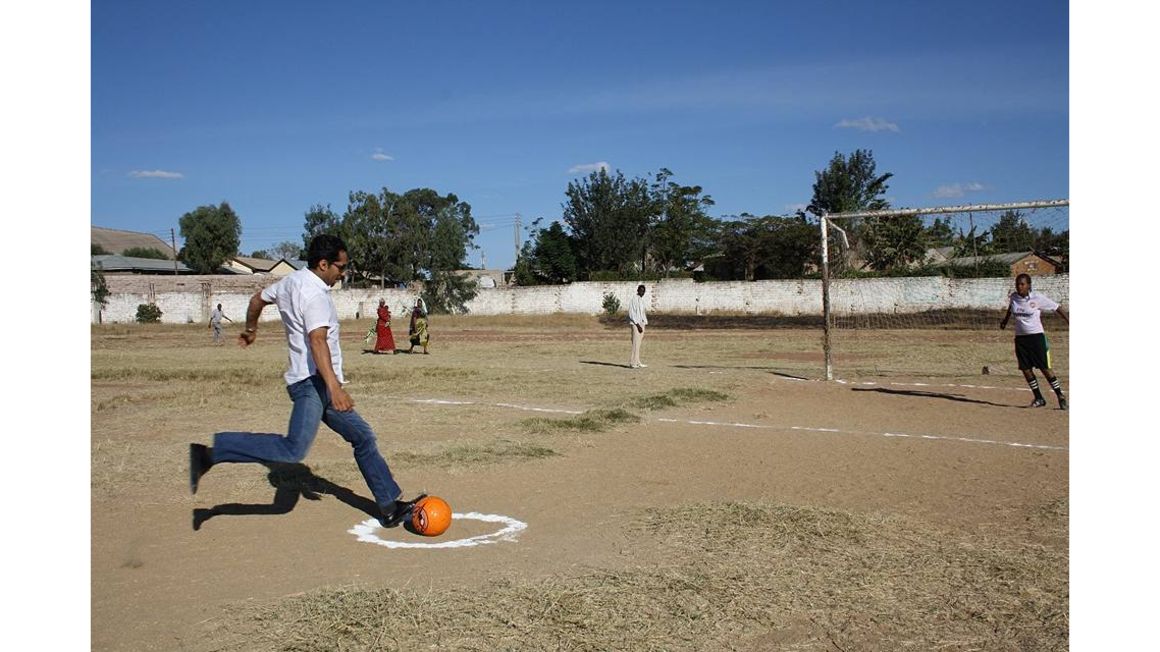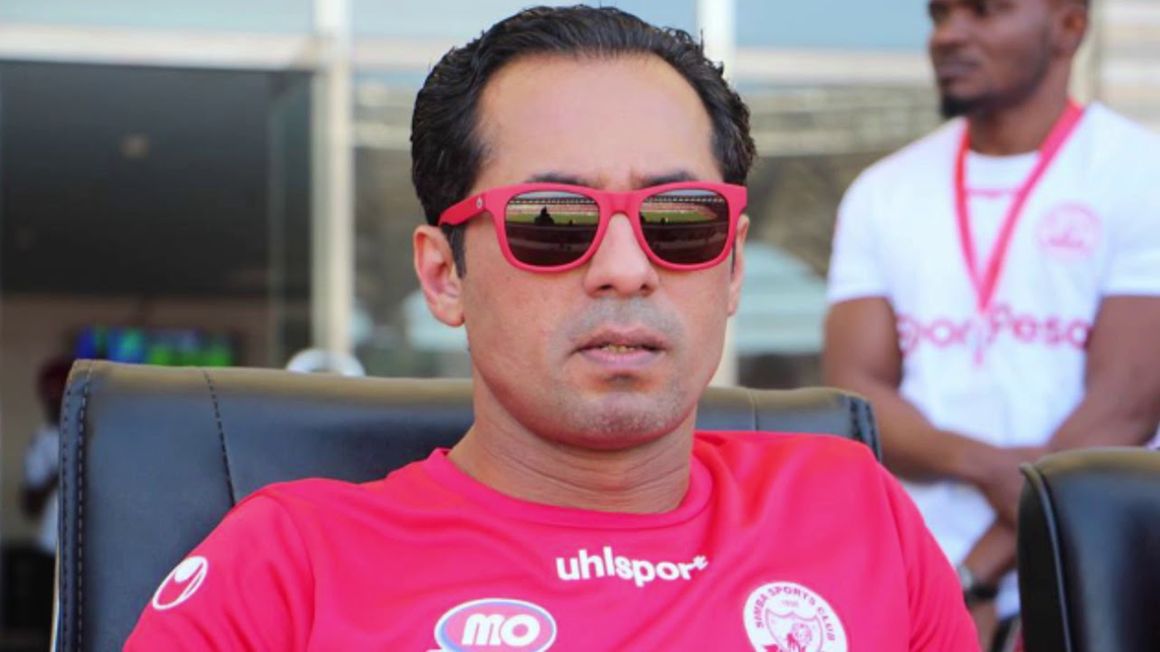

- At 46, he is the youngest dollar billionaire in Africa, with a net worth of $1.5 billion. He says that growing up, he always wanted to become wealthy but as time went by he realised that money was not the most important thing.
Mohammed Dewji, better known as Mo Dewji, president of Mohammed Enterprise Tanzania Ltd (MeTL), was ranked 15 in the latest Forbes list of Africa’s dollar billionaires. At 46, he is the youngest dollar billionaire in Africa, with a net worth of $1.5 billion.
He says that growing up, he always wanted to become wealthy but as time went by he realised that money was not the most important thing.
“I learned that what is important is how much impact you make in society, the jobs that you create and the lives that you touch.”
Mo Dewji inherited the MeTL business from his father, Gulam Dewji, his role model, and who also inherited the family business. MeTL is therefore a third-generation family-owned business.
”It started with my grandfather and grandmother,” he said, narrating how his grandparents started MeTL in the 1970s as a retail business by buying a kilogramme of sugar and breaking it down into smaller units and selling them at a profit.
The company grew into an imports and exports company under Dewji’s father, and by the time Dewji was taking over, the business was worth $30 million.

His journey in the company was “step by step” as he describes it. His father taught him how business is conducted in other countries such as China, Thailand, Egypt, and the US from an early age.
“The first time I took a business trip was when I was 12 years old. I remember my father took me on a trip to China. He was a trader then, dealing in imports and exports. He took me along on visits to seven cities in China, including Hong Kong. I also went to Thailand.”
Mo Dewji grew up in Singida, and studied finance and international business and theology for his university degree at Georgetown University in the US. During his school breaks, he would travel back to Dar es Salaam and work for his father’s company.
“Every Christmas break, and every summer holiday, I would travel back to Tanzania to work in the family business. I knew where I was destined to be,” said Dewji.

Working his way up
After graduating from Georgetown University, Dewji started work formally. Despite it being a family business, he started at entry level.
“I served in different divisions over the years from logistics, internal audit, depot, imports and exports. Finally, I became the director of finance, then chief executive and now president,” he said.
Dewji manages MeTL’s more than 126 businesses in various sectors — food, agriculture, manufacturing and textiles. The company has 40 manufacturing industries.
Looking to expand, Dewji said: “We are inspired to go into banking, microfinance and fintech.”
He foresees MeTL becoming a multinational conglomerate. The group of companies has set up a carbonated soft drink business in Uganda, and is looking to expand into Kenya, Rwanda, Burundi in East Africa, and farther into the Central African Republic, Malawi, Mozambique, Madagascar and the Middle East.
“We are also looking at exploring tourism in Zanzibar, Ngorongoro and Serengeti because I feel there is big potential in the sector. We have already acquired an islet in Zanzibar and are now looking at infrastructure projects,” he said.
From the age of 12, Dewji says he learned that corporate governance is important to achieving and running a successful business, which should go hand in hand with integrity and investing.
“I think we also need to take risks in business every day, but make sure you mitigate the risks,” he said.
“Most important is being resilient. Have a culture of working hard towards your goal even if you come across things that might push you back a little bit or slow you down. You have to keep in mind the vision that you have and believe in and keep going towards it.”
He also believes in the mantra ”there is no elevator to success.”

Abduction
On July 11, 2018, Dewji, was abducted by unknown people at the parking lot of an exclusive fitness club in Oysterbay, a quiet neighbourhood in Dar es Salaam.
The incident changed the way he lives his life. “I have slowed down a little bit since the kidnapping,” he said.
Previously, his typical day was packed with activity and spent mostly on his own or with family going about life like any family man. He had no bodyguards.
“I would wake up at 5am and say my prayers before I hit the gym. By 6.30am, I would be at the office clearing my e-mails and following up on world commodity and equity markets. For the first half of the day I would be attending board meetings,” he said.
He had two gym sessions in a day. The morning workouts were for cardio, and afternoon for weights.
“After the gym, I would go to pray at home and afterwards meet my mother for lunch before catching up on the newspapers when driving back to my office.”
His day would continue with business meetings over dinner.
“But now I am trying to live more of a balanced life. I am spending more time with my family and children as well as engaging in philanthropy and giving back,” he said. “I believe that God gave me a second chance in life and maybe he wanted me to do something better in the world.”

With Tanzania considered a relatively safe country, many are still wondering exactly who was involved in the kidnapping, as four years later no one has been convicted.
“I have never had personal security in my life. Like most days before the kidnapping, I was going to the gym at 5.30am, a six or seven-minute drive from my home.”
He said suddenly some people grabbed him, and one fired in the air.
“They shoved me into an SUV and drove me for about 20 minutes away from that place, then I was blindfolded and my hands and legs tied up.”
There was a noticeable change in his tone and body language when he was recalling his kidnapping ordeal saying there was “lots of violence… gun violence.”
But the incident didn’t stop the young and ambitious businessman.
“I like to invest in businesses that create jobs. Because I believe Africa’s 60 per cent population are youth, aged less than 35..”

These are the principles and philosophies the businessman lives by.
Currently, MeTL has over 34,800 employees across its 126 businesses.
“That makes us the second-largest employer after the government. The goal is to employ 100,000 people in five years.”
Dewji says he used to be a golfer while in college and even attended a professional golfing school.
Because of a tight work schedule, he doesn’t play as much as he would like.
If he wasn’t a businessman, he says he would have been a golf pro.

He also runs to keep in shape. In a week he can cover 50km to 60km.
As a businessman, he likes to be updated on daily happenings and global current affairs, not just in his area of interest but in general current news.
Studying theology in college made Dewji a keen reader. “I like Nahj al-Balagha, by Ali ibn Abi Talib, and Dictatorland: The Men Who Stole Africa, by Paul Kenyon. It’s an interesting read about reality.”
Simba Sports Club

Dewji recalls listening to Simba football matches on the radio.
“We didn’t have a TV until when I was 10 years old. I used to listen to the matches on radio and Simba matches were mostly played in Dar es Salaam. I have loved the club ever since. I used to be a footballer when I was young. I remember taking a daladala to the stadium, and hustling for entrance ticket money so I could watch the game.”
Later MeTL became the main sponsor of the club and jerseys in 2002/03.
“I am an Arsenal fan but I want to buy into a European club because I want to create a connection between East African football clubs and English clubs.”
In addition to football, he is looking to invest in boxing. “I think it’s one of the fast-growing sports and Tanzania has good boxers. And this is also a way for me to keep the youth out of poverty.”
Dewji off duty
Where in East Africa are you most likely to be whiling away your time on a Saturday afternoon? Zanzibar. I love it there. The ocean, the culture, I love the people, it is just an interesting place to relax.
What is on your travel bucket list? A must-visit destination?
I haven’t been to Iceland and I would like to go and check it out.
I have watched interesting programmes about Iceland on Netflix, and they say it is extremely cold. I would like to experience that.
What’s your best collection?
I wouldn’t call it a collection but I do buy eyeglasses a lot. I own a number of them.
What’s the most thoughtful gift you’ve ever received?
Prayers when I was kidnapped! I am indebted to East Africans, Tanzanians and everyone who prayed for my safety and release.
All I have to say is that I am very grateful to God for giving me a chance at a new life. I am also grateful to Tanzanians for the way they united and stood up for me through the hashtag #bringback Mo. I also thank the media for amplifying that incident.
My wife kept all the newspapers that carried the story and for nine days I was on the front page. This rarely happens.
What’s the best gift you’ve ever given?
Access to water for Singida residents was the best gift I ever gave to people when I was a member of parliament for the area from 2005 to 2015.
When I took over, water access was at 27 percent to 28 percent, and when I stepped down, I left it at 86 percent to 88 percent.
On what platform do you listen to your favourite music?
I prefer YouTube.
What’s your go-to social media?
I am more of a Twitter person but I recently joined TikTok. My children pushed me.
What movie has impacted your life?
I’m not a fan of fiction, I like getting something out of what I watch, something closer to nonfiction, to reality. I have watched Suits and The Crown, and sometimes I watch Swahili and Indian shows.
What’s a constant in your fridge?
Coconut water.
